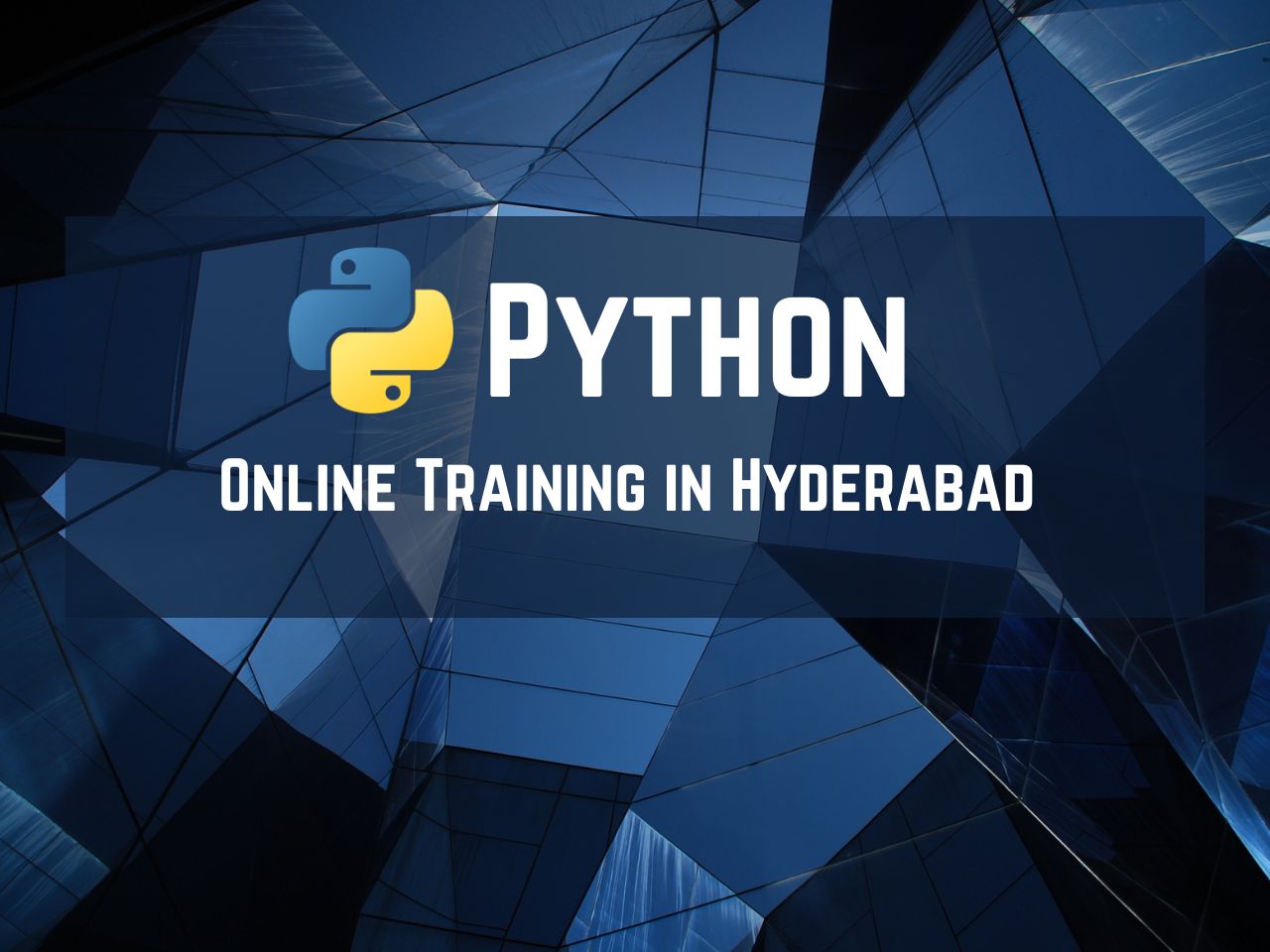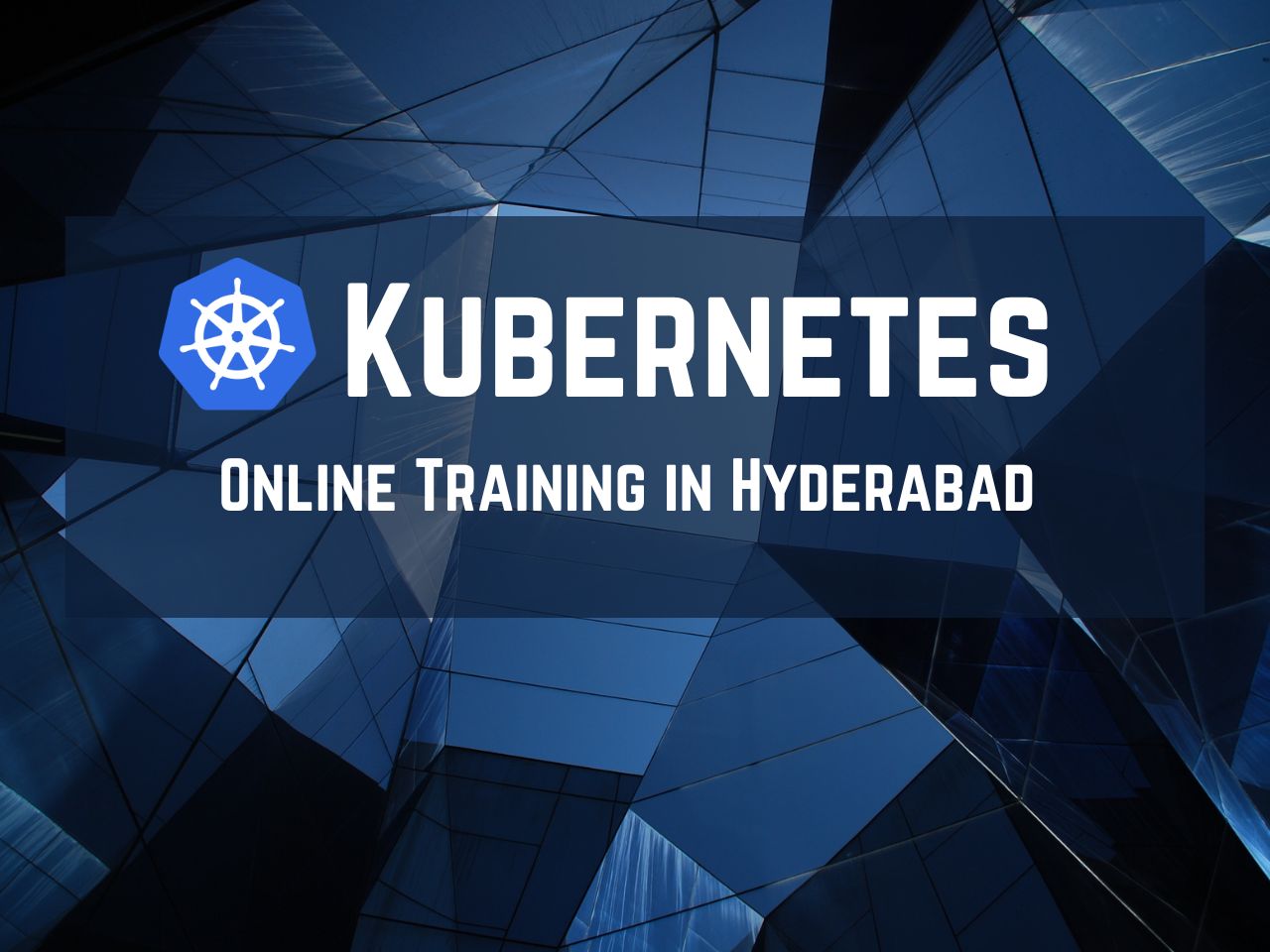DevOps Course Details
DevOps Online Training in Hyderabad India

DevOps is a set of practices that combine software development (Dev) and IT operations (Ops) to improve the collaboration and efficiency of software development and deployment processes. It aims to shorten the development lifecycle and provide continuous delivery with high software quality.In essence, DevOps emphasizes communication, collaboration, integration, and automation among software developers and IT operations professionals. It involves adopting cultural changes, tools, and practices to streamline and automate the building, testing, deployment, and monitoring of applications and infrastructure.
AarushIT offers comprehensive online training in DevOps, catering to individuals keen on mastering the principles and practices of streamlined software development and IT operations integration. Their program covers a wide array of DevOps tools, methodologies, and best practices, providing hands-on experience in automation, continuous integration, and deployment strategies. With a structured curriculum and experienced instructors, AarushIT ensures a deep understanding of collaboration, version control, monitoring, and more. Through their interactive online platform, students engage in real-world simulations, enabling them to apply DevOps concepts effectively in their professional environments. AarushIT's commitment to quality education and practical skills equips learners with the expertise needed to thrive in the dynamic landscape of modern software development and IT operations.
DevOps Online Training Course Content
Linux_OS_Basics and Shell Scripting
- Linux_Commands
- File_System
- vi editor
- Advanced_Linux_Commands
- System_Administration
- Advanced_System_Administration
- Grep
- Shell_Scripting with examples(All types of loops)
- Regular_Expressions
- SED
- AWK
Maven
- Maven basics
- Difference between Ant and Maven
- Installation and Setup of Maven
- Maven lifecyclyes
- First Maven project
- How to compile application source
- How to compile test source and run unit test
- SNAPSHOT version
- How to use plugins
- How to add or remove resources from jar
- dependency management
- Deploy jar in remote repository
Jenkins:
- Basics of CI
- Fresh instance of Jenkins installation and configuration
- How to create a job and configure it
- A walk-through of different features of Jenkins
- Jenkins plugins installation and configuration
- Practical Jenkins administration issues
- How to integrate different build and release tools like Ant, Maven, Gradle, GIT, Perforce, SVN, Tomcat, Chef etc
- Devise a strategy for the candidate's organization build and release process
GIT
- GIT basics
- branching strategy
- Difference between versioning control tools and GIT
- Git installation
- Getting and creating projects: initialize a directory as Git repository and copy a Git repository
- Basic snapshoting: Adding file contents to staging area
- view status of your files in the working directory and the staging area
- show diff at various stages
- record snapshot of staging area
- undo changes and commits
- remove files from staging area
- stashing changes
- Branching and merging
- sharing and updating projects
- Inspection and Comparison
Chef
- Basics of Chef and Infrastructure management tools
- Definitions of Chef Components
- Installation and Configuration of various Chef components
- Overview of Chef elements like Cookbooks, Recipes, Resources etc
- Demonstration of Chef operations using few examples
Puppet
- Basics of Puppet
- Installations and Configuration of Puppet components
- Overview of Puppet elements like Modules, Manifests, Templates etc
- Downloading modules from Puppet-Forge
- Demonstration of Puppet operations using few examples
AWS
- Basics of virtualization
- Basics of cloud computing
- AWS services: EC2, S3, DynamoDB
Docker
- Introduction to Docker
- What is Docker
- Containers vs virtual machine
- Docker platform overview and terminologies
- Docker Engine
- Images
- Registry
- Repositories
- Docker Hub
- Docker Orchestration Tools
- Introduction to Images
- Getting started with Containers
Docker Fundamentals:
- Building Images
- Dockerfile
- Managing Images and Containers
- Distributing Images on Docker Hub
- Docker Volumes
- Basic Container networking
Nagios
- Nagios core installation and configuration
- Creations of objects
- Alert configuration
- Email Notification configuration
DevOps Course Details
Instructor
Lectures
More Than 1000
Course Duration
35 Hours
Skill level
All Level
Language
English
Online Training Courses
- Angular Online Training
- Apache Online Training
- DevOps Online Training
- JAVA Online Training
- Microsoft Technologies Online Training
- SAP Online Training
- Testing Tools Online Training
- Digital Marketing Online Training in Hyderabad
- Amazon Web Services Online Training in India
- Cognos Online Training in India
- JavaScript Online Training in India
- Drupal Online Training in Hyderabad
- Linux Admin Online Training in Hyderabad
- Magento Online Training in Hyderabad
- Mean Stack Online Training in Hyderabad
- Mern Stack Online Training in Hyderabad
- PHP Online Training in Hyderabad
- Python Online Training in Hyderabad
- Qlik Sense Online Training in Hyderabad
- ReactJS Online Training in Hyderabad
- Shell Scripting Online Training in Hyderabad
- Splunk Online Training in Hyderabad
- Tableau Online Training in Hyderabad
- UI Development Online Training in Hyderabad
- WordPress Online Training in Hyderabad


